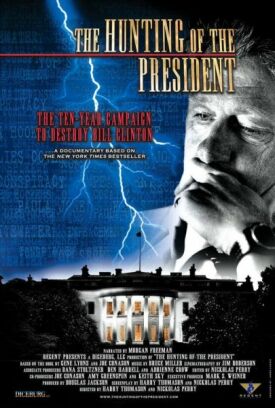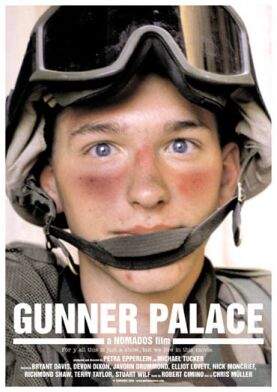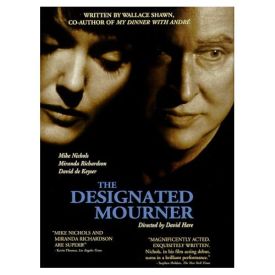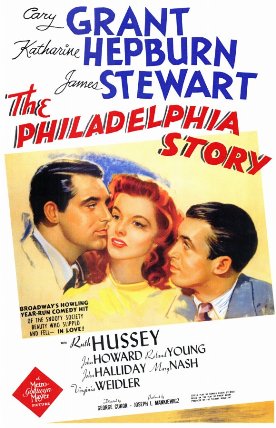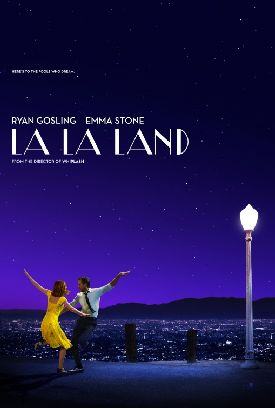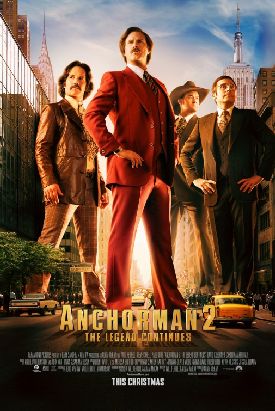Finding Forrester
You know you’re in trouble with a
movie that begins as the camera pans over the spines of a pile of highbrow
books. Look at all those impressive
authors’ names! Kierkegaard, Chekhov,
Joyce, the Marquis de Sade. The selection is as telling (and is meant to be) as
the books themselves about what it is we are meant to think of the
film’s heroes, who are obviously the
sort of people who read such books. And what kind of people read such books?
Brainy people, of course. Or at least people who are ambitious of being thought
to be brainy by others, who are less so. And why are they ambitious of being
thought to be brainy? Because being brainy—especially if it comes by
nature and manifests itself in the form of lots of quotations and other
miscellaneous knowledge committed to memory without apparent
effort—is cool.
Or that, at any rate, appears to be the view of Gus Van Sant, whose
Finding Forrester hardly requires much in the way of a review. All the
reader need do is refer back to my review of his Good Will Hunting, a
Christmas movie of three years ago, since this is exactly the same thing, except
the untutored genius there was an Irish kid from South Boston who was a whiz at
mathematics while the newer version of this romantic figure is a black kid from
the Bronx, called Jamal Wallace (Rob Brown) who is a whiz at English literature.
Jamal pretends to be dumber than he
is—a lot
dumber—in order to fit in with his
friends, but when he scores through the roof on a state-administered test, he is
offered a full scholarship to a posh private school in Manhattan. You can tell
how posh it is because the guy who comes to recruit Jamal drives a
Mercedes—not the ride of even the poshest schoolmasters that I know.
The school doesn’t get much credit
either, because Jamal also happens to be a top-notch basketball player.
Basketball—and pretending to be
dumb—are
“how he finds
acceptance” among his largely
brainless peers in the Bronx. When he makes the transfer to the Upper East Side
of Manhattan, he finds that his new
school’s basketball team, otherwise
made up mainly of rich white boys, are contenders for the city championship. The
one other black kid and he become bitter rivals, for reasons that are never made
clear, and engage in a free-throw competition in which both sink 50 straight
shots from the line. Jamal is as much a basketball genius as he is a writing
genius. No doubt if the school had a tiddly-winks team,
he’d be a genius at that too. No
wonder his charming fellow-pupil, Claire (Anna Paquin), develops a crush on him
and offers to explain to him the ways of rich white people.
About the time that Jamal matriculates at his new school, he meets, in the
course of burglarizing his apartment, the reclusive William Forrester (Sean
Connery), a J.D. Salinger-like author of one novel, back in the 1950s, that has
made him legendary among the sensitive literary types that Van Sant and his
screen writer, Mike Rich are appealing to. Forrester takes Jamal under his wing
and teaches him how to write according to what seems to
me—admittedly not that kind of
writer—a disastrous formula. This is
to write from the heart, without thinking, and only then to apply what one can
of one’s obviously atrophying
rationality to the revision. Nor does the product of this method, that which we
are allowed to hear, greatly prepossess me in its favor, though of course tastes
differ. I wonder if even J.D. Salinger would like it. I suppose we shall never
know.
Still, the point isn’t to make us
believe in the writing so much as the writer, or rather the
Writer—that romantic figure from the
aristocracy of feeling who has been so beloved of Americans ever since Hemingway
invented him as a public relations gag back in the 1920s and 30s. Somewhat
oddly, this writer’s enemy turns out
to be not someone (like me) who thinks him a poseur and a fraud but a
less-talented literary rival who has not been so successful at impressing the
reading public with the sensitivity of his own soul. This is a teacher at
Jamal’s new school called Crawford (F.
Murray Abraham), who, even though he himself fully subscribes to the romantic
myth of Forrester and his kind, is made into the bad guy solely by disbelieving
that Jamal is as spectacularly talented as he in fact is. Though mostly
unspoken, the assumption is that this grievously mistaken point of view is
motivated by racism.
Ho Hum. That again. It would have been nice to have had a villain who was
simply filled with contempt for the posturing of Forrester, as much as for that
of Jamal. It would have been nice, too, to have seen something of
Jamal’s (or
Forrester’s or
Crawford’s) critical intelligence
actually applied to a work of art rather than assumed on the basis of their
ability to bark memorized lines from famous authors back and forth at each other
(the real star of the show is Mr
Rich’s quotation dictionary). Also, as
a merely private beef, I wonder if the bonding between Jamal and Forrester
couldn’t have taken place solely on
the basis of literature and without the involvement in any form of basketball?
Or if the film couldn’t have supplied
evidence of literary talent unrelated to baseball? And how nice if it had had
the courage of its convictions and actually developed the latent romance between
Jamal and Claire. But none of these things happen, so your appetite for tales of
the ro-wri, or romantic writer, will have to be as strong as my dislike of him
if you are to have much of a shot at enjoying this movie.
Discover more from James Bowman
Subscribe to get the latest posts to your email.


